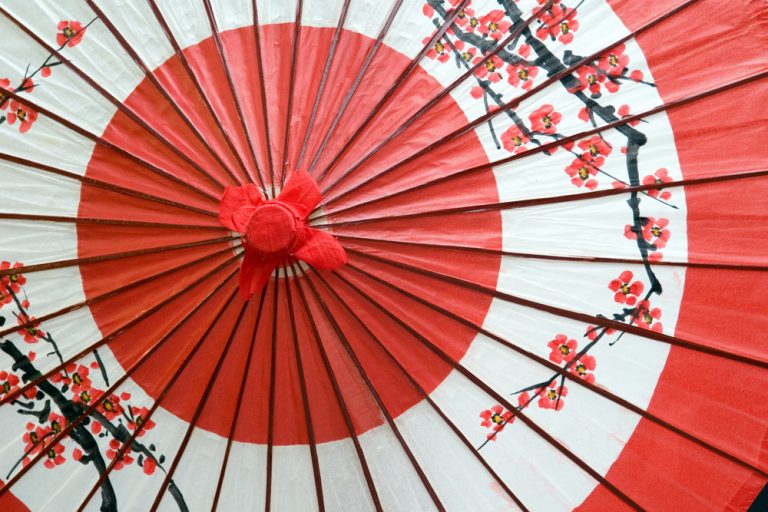Anecdote 18: 四季と私の思い出 (My Memories of the Four Seasons)
春になると、蓮の花が湖畔に沢山咲く。私は写真を撮るのが下手だけど、綺麗な景色を残したい!
ある日、藤の花を見に行った。花がとても美しかった!しかし、人が多くて写真を撮るのが大変だった。
夏の浜辺で貝殻を拾った。集めた貝殻は箱に入れてある。可愛い形の貝も沢山ある!
秋の夜、星座を見に行った。でも、寒かったから、友達に「温かい飲み物をください!」と言った。
冬の朝、渓谷に行った。しかし、道が凍っていて滑りそうになった!やっぱり、冬は気をつけないといけないね。
Grammar Used:
- とても (Very / Extremely (emphasises adjectives/adverbs).)
- のが下手 (Bad at ~ (describes lack of skill).)
- てある (Something has been done (completed action remains).)
- をください (Please give me ~ (requesting objects).)
- しかし (However / But (formal contrast).)
とても
Meaning: Very; Extremely (Used to emphasise adjectives and adverbs)
Formation:
- とても + Adjective → Very ~
- とても + Adverb → Extremely ~
Examples:
この本はとても面白いです。
(This book is very interesting.)
今日はとても寒いですね。
(It’s very cold today.)
Sentence from Anecdote:
❝ 藤の花を見に行った。花がとても美しかった! ❞
(I went to see the wisteria flowers. They were very beautiful!)
Note:
- Stronger than “凄く” in formal situations.
- Cannot be used with negative expressions
(e.g., とてもよくない is unnatural; instead use あまりよくない).
のが下手
Meaning: Bad at doing ~; Not skilled at ~
Formation:
- Verb (dictionary form) + のが下手 → Bad at doing (something)
Examples:
私は料理を作るのが下手です。
(I am bad at cooking.)
弟は字を書くのが下手。
(My younger brother is bad at writing characters.)
Sentence from Anecdote:
❝ 私は写真を撮るのが下手だけど、綺麗な景色を残したい! ❞
(I am bad at taking pictures, but I still want to capture beautiful scenery!)
Note:
- Opposite is “のが上手” (good at something).
- A softer way to say this is のが苦手 (not very good at ~).
てある
Meaning: Something has been done (Expresses a completed action that remains in effect)
Formation:
- Verb (て-form) + ある → Something has been done and remains so
Examples:
テーブルにケーキが置いてある。
(A cake has been placed on the table.)
ドアが開けてある。
(The door has been left open.)
Sentence from Anecdote:
❝ 集めた貝殻は箱に入れてある。 ❞
(The collected seashells have been put in a box.)
Notes:
- Used when someone does something intentionally and the result remains.
- Different from ~ている, which describes a state rather than an intentional action
- 窓が開いている → The window is open (state)
- 窓が開けてある → The window has been left open (intentionally).
をください
Meaning: Please give me ~ (Used to request objects)
Formation:
- Noun + をください → Please give me (noun)
Examples:
水をください。
(Please give me water.)
このケーキをください。
(I’ll take this cake, please.)
Sentence from Anecdote:
❝ 友達に「温かい飲み物をください!」と言った。 ❞
(I told my friends, “Please give me a warm drink!”)
Notes:
- More direct than ~をお願いします, which is more polite.
- If requesting an action, use ~てください instead (手伝ってください → Please help me).
しかし
Meaning: However; But (Used to introduce formal contrast)
Formation:
- しかし + Sentence → However ~
Examples:
この店のケーキは美味しい。しかし、高い!
(This store’s cake is delicious. However, it’s expensive!)
今日は晴れています。しかし、風が強いです。
(It’s sunny today. However, the wind is strong.)
Sentence from Anecdote:
❝ 冬の朝、渓谷に行った。しかし、道が凍っていて滑りそうになった! ❞
(One winter morning, I went to the valley. However, the road was frozen, and I almost slipped!)
Notes:
- More formal than でも.
- Used in writing, speeches, and formal discussions.


